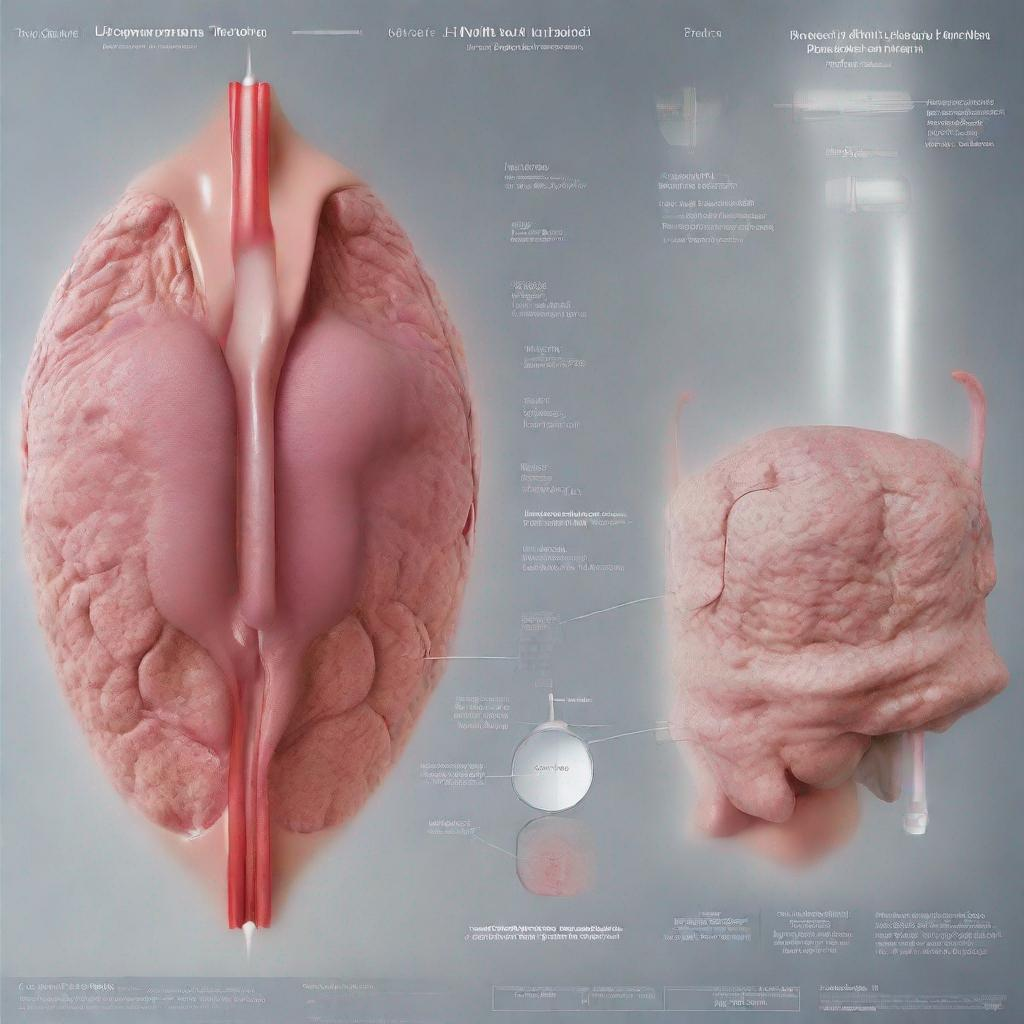## Understanding the Electrolyte Panel Test
### Overview
The Electrolyte Panel, also known as an Electrolyte profile, is a routine blood test that measures the levels of various electrolytes in the blood. Electrolytes are minerals that carry an electrical charge and play a crucial role in the body’s fluid balance, nerve function, and muscle activity. Regular monitoring of electrolyte levels is essential for optimal health and disease diagnosis.
### Test Details
An Electrolyte Panel typically measures the levels of the following electrolytes:
– Sodium
– Potassium
– Chloride
– Bicarbonate
– Calcium (optional)
– Magnesium (optional)
These electrolytes help regulate fluid distribution, electrical impulses, and pH balance in the body. Abnormalities in electrolyte levels can indicate dehydration, kidney dysfunction, endocrine disorders, electrolyte imbalances, or other medical conditions.
### Conditions and Diseases Detected
An Electrolyte Panel can help diagnose or monitor a range of conditions and diseases, including:
* Dehydration
* Kidney disease
* Heart failure
* Diabetes
* Electrolyte disorders
* Metabolic disorders
### Preparation
The Electrolyte Panel is a simple blood test that typically requires no special preparation. However, it is recommended to:
* Inform your doctor about any medications or supplements you are taking, as they may affect the results.
* Fast for at least 8 hours before the test to avoid interfering substances in the blood.
* Stay well-hydrated by drinking plenty of fluids before and after the test.
### Procedure
The Electrolyte Panel involves drawing a small blood sample from a vein in your arm. The procedure is generally quick and painless and takes only a few minutes.
### Duration and Waiting Time
The blood sample is collected and sent to a laboratory for analysis. Results are usually available within a few hours to a day.
### Additional Tests
Depending on the patient’s symptoms and medical history, additional tests may be recommended along with the Electrolyte Panel, such as:
* Blood urea nitrogen (BUN)
* Creatinine
* Calcium test
* Thyroid function tests
* Blood sugar test
### Conclusion
The Electrolyte Panel is a valuable test that helps detect and monitor electrolyte abnormalities. Regular electrolyte monitoring is essential for maintaining fluid balance, nerve function, and muscle activity. Discuss with your healthcare provider whether an Electrolyte Panel is right for you to ensure optimal health and timely diagnosis of any potential electrolyte disorders or medical conditions.



